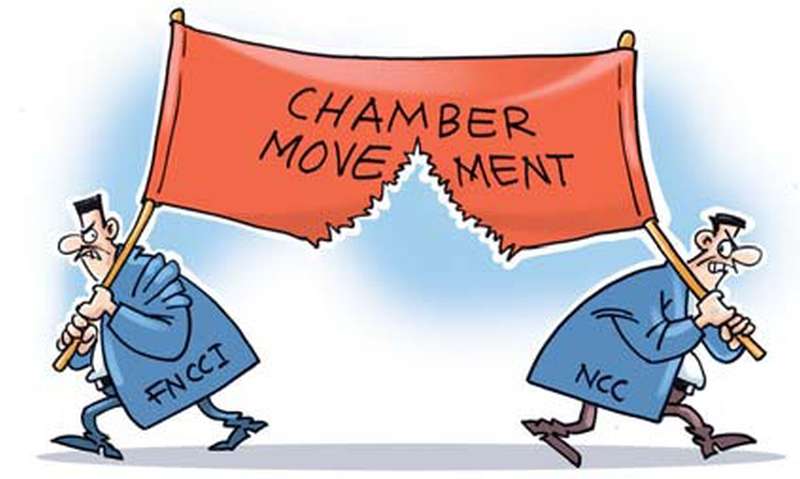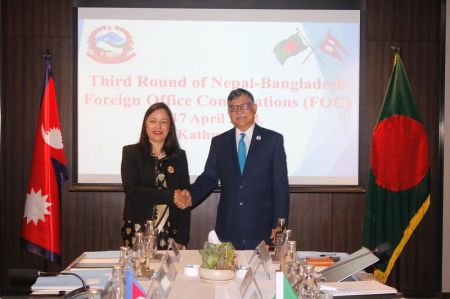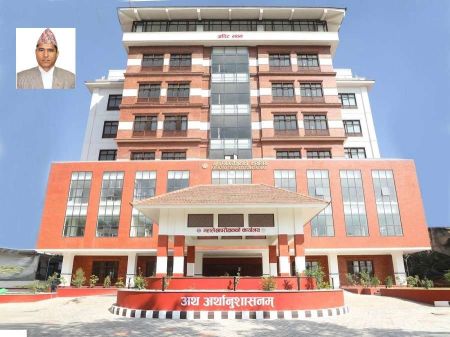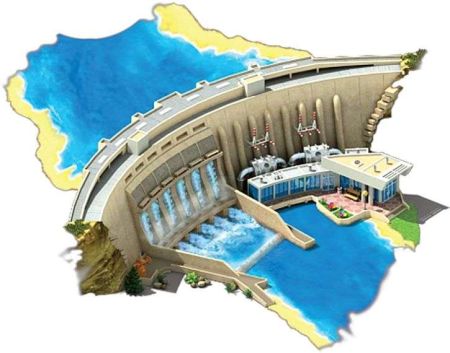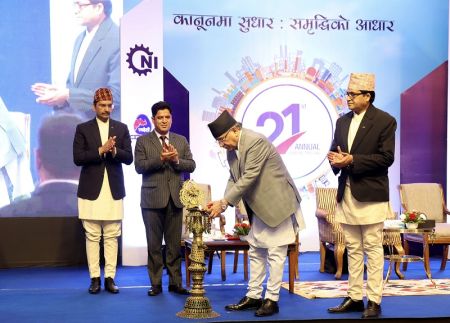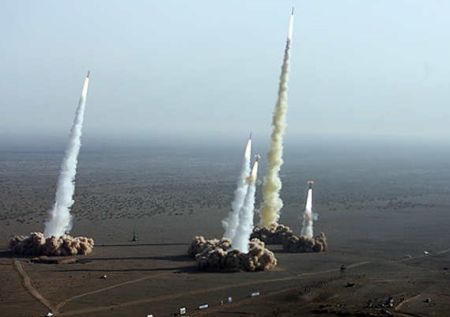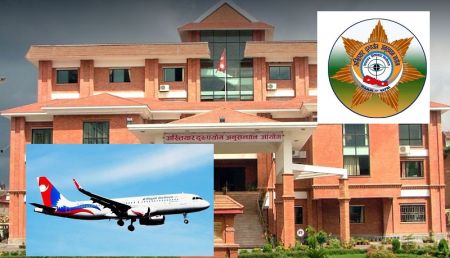At a time when the private sector needs to unite and protect its space in the free market, differences and political divisions have seeped into the sector's institutional composition, undermining collective interest.
Despite an outward semblance of political stability, the ruling coalition is internally divided. Individual interests of politicians have resulted in multiple and contradictory thrusts in policies and practices in recent months, many of them diverging from the intent of the Prime Minister. For example, former prime minister Pushpa Kamal Dahal, in a recent FNCCI gathering in Birgunj, said that the government had failed to create an environment conducive to foreign direct investment because it had failed to control bribery, remove administrative hurdles, and protect investment. While straightforward and rational, Prachanda's claim belies a much more sinister environment. After years of transition and conflict, Nepal has gained political stability, yet this same political stability has become a source of concern for many in the private sector. Some assign their concern to the consolidation of political power by former communists, while others point out to the policies adopted by the government or practices that have generated conflictual relations between the government and the private sector.
The conflict of interest within the ruling coalition has been projected into the private sector; it is affecting the ways in which diverse private sector actors are banding together to pursue their collective public interest. The private sector is divided in its loyalties to the government. While one section of the private sector does not completely trust the government, the other depends on it for survival and profit-making. A common denominator for both these groups is an improvement in the investment climate and the doing business environment. Yet, the private sector has been unable to work together. The FNCCI has come under criticism for failing to represent the interests of all stakeholders including traders and industrialists. The NCC, a pioneer umbrella organisation of traders and industrialists established in 1952, has decided to separate from FNCCI.
The divisions within the business community was further highlighted by the way in which the government formed a study committee to look into the issues of the private sector. Some executive members of the FNCCI said the study committee failed to select representatives from the FNCCI and the larger industrial community. They also expressed suspicion that it was a ploy by the government to divide the private sector.The FNCCI feels aggrieved that the formation of the 4B platform for industries within the industrial corridors and separation of Nepal Chamber of Commerce (NCC) from FNCCI may have been politically motivated. Such differences are ill-timed. There is a real chance that the government will continue to expand the role and functions of the state in regulating the economy or delivering public goods and services. The preamble of the constitution has established socialism as a destination and expects the state to carry out a wide range of activities, some of them specific to the private sector. As the role and functions of the state expand, directed by the inclinations of a leftist ideology, it will inevitably encroach upon the space currently occupied by the private sector or the free market. This, however, is only of the challenges facing the private sector.
In order to achieve our developmental and democratic aspirations, the state and society need to compete in a race where each should try to be stronger than the other. Unfortunately, as the state grows stronger—one of the indicators being tax to GDP ratio—the civil society and the private sector appear to be floundering. If the private sector and the civil society fail to put pressure on the state for rule of law, political accountability, and sound policies, the increased capacity of the Nepali state may well have a negative outcome. Without a strong civil society and the private sector, economic policies and allocation of resources may be distorted and can lead to instability and conflict.
Madan Lamsal
[email protected]


